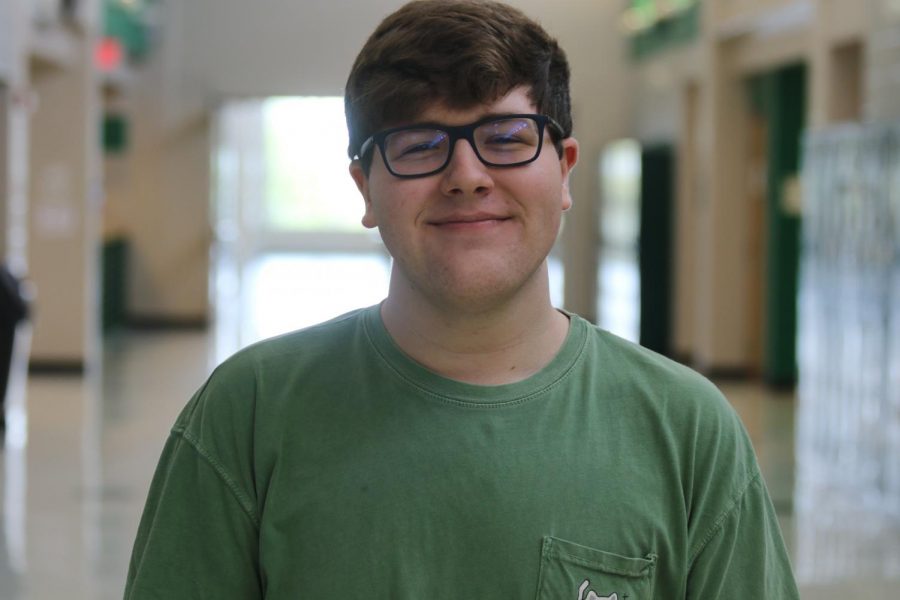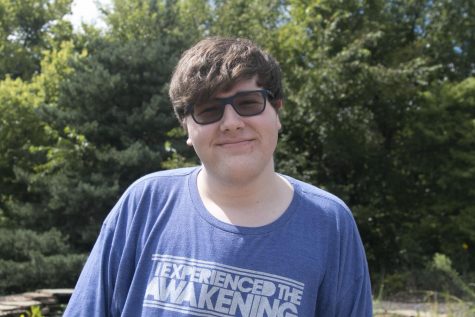How and why I became vegan
When most people open up their Netflix app, they’re looking for a comedy or an action movie or whatever new Netflix Original has come out in the last thirty seconds. Most are expecting some entertainment, not a newfound initiative to make a radical lifestyle change. That’s why I was so surprised to find myself nauseous and uncomfortable on a random Saturday in June.
A new movie had just come out called Okja. It follows the story of a young South Korean girl who develops a cute, close relationship with a genetically modified “super pig” until it’s whisked away to a factory farm in the United States. To be honest, I only started Okja because I knew Tilda Swinton was starring in it, but as I continued watching, I forgot about the infamous White Witch and squirmed uncomfortably as I witnessed the portrayal of animal abuse and slaughter in an American factory.
Nobody really believes what they see in a movie, though, right? I mean, I loved meat, I loved cheese, I loved it all. My family was a big supporter of Price Chopper Chinese food, and I was notorious for consistently ordering a cheeseburger alongside the espinaca dip at Jose Peppers. So, naturally, I assumed that the horrors I saw in Okja were just theatrics intended to make the audience feel some emotion.
My skepticism didn’t stop me from opening up YouTube, however, to find out if animal abuse is in fact a widespread occurrence in the food industry. And it is. Despite what you see in anthropomorphic dairy commercials, a majority of animals aren’t receiving celebrity treatment on Old MacDonald’s farm. There were all sorts of videos ready to be shared online. Pigs being needlessly punched and kicked. Baby chicks being thrown into grinders alive. Rabbits screaming while their fur is ripped directly from their skin. Dairy cows being artificially inseminated—a term used by big food companies to describe the act of forcibly impregnating animals—and then crying in agony when their newborn calves are taken away from them. All of these practices are completely legal due to their widespread use.
I watched video after video of living, breathing creatures being tortured and slaughtered, and that was enough for me to decide to quit eating meat and cheese and eggs. But I didn’t stop my research there. There were several documentaries on Netflix that I saw had been widely praised for exposing the truth behind factory farming industries, but one of the most impactful was Cowspiracy, which showed the immense amount of environmental harm that the factory farming industry is responsible for. These large companies are some of the leading contributors to greenhouse gases, wasteful water usage, environmental racism and rainforest deforestation.
The environmental strain from an omnivorous diet is so taxing that, according to statistics provided by environmental studies referenced in the documentary, by just abstaining from animal products for the past nine months, I have saved 297,000 gallons of water, 10,800 pounds of grain, 8,100 square feet of forest, 5,400 pounds of CO2 and 270 animals’ lives. The amount of resources required to grow and eat plants is significantly less than is required for an entire industry to raise, grow, feed and slaughter animals from birth.
There are many ins and outs as to why a vegan lifestyle is more ethical, better for the environment and can be better for a person’s overall health, but it is impossible to discuss them all in one article. Many factors went into my decision to changing my lifestyle, and for those who are interested in learning more about veganism, I would recommend scrolling through the YouTube channel Mic. the Vegan—the host of the channel covers a wide range of ethical, environmental and health-related topics, and he makes sure to include scientific research links in the descriptions of his videos.
So the next time you find yourself eating a cheeseburger, maybe try to remember that another living creature had to endure years of pain and abuse before giving up its life to the drive thru at McDonald’s and Burger King. I decided to recognize that pain, and I feel significantly better for the lifestyle changes I have made in response to it.



